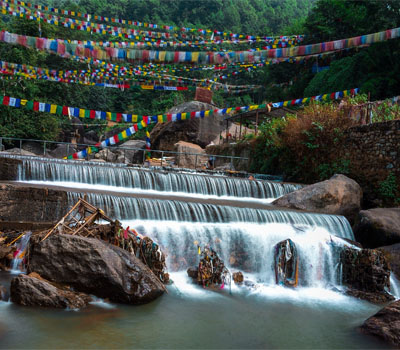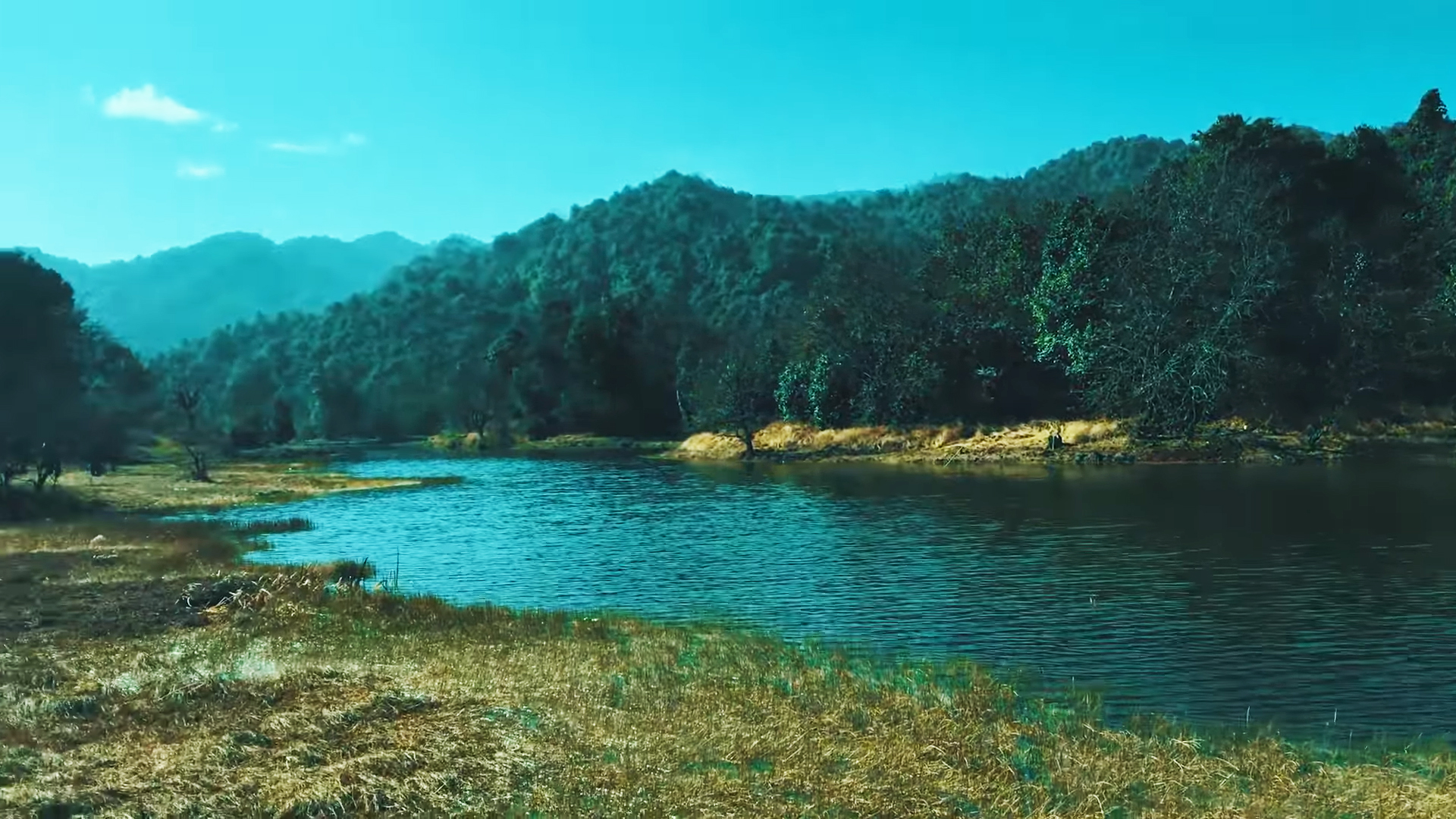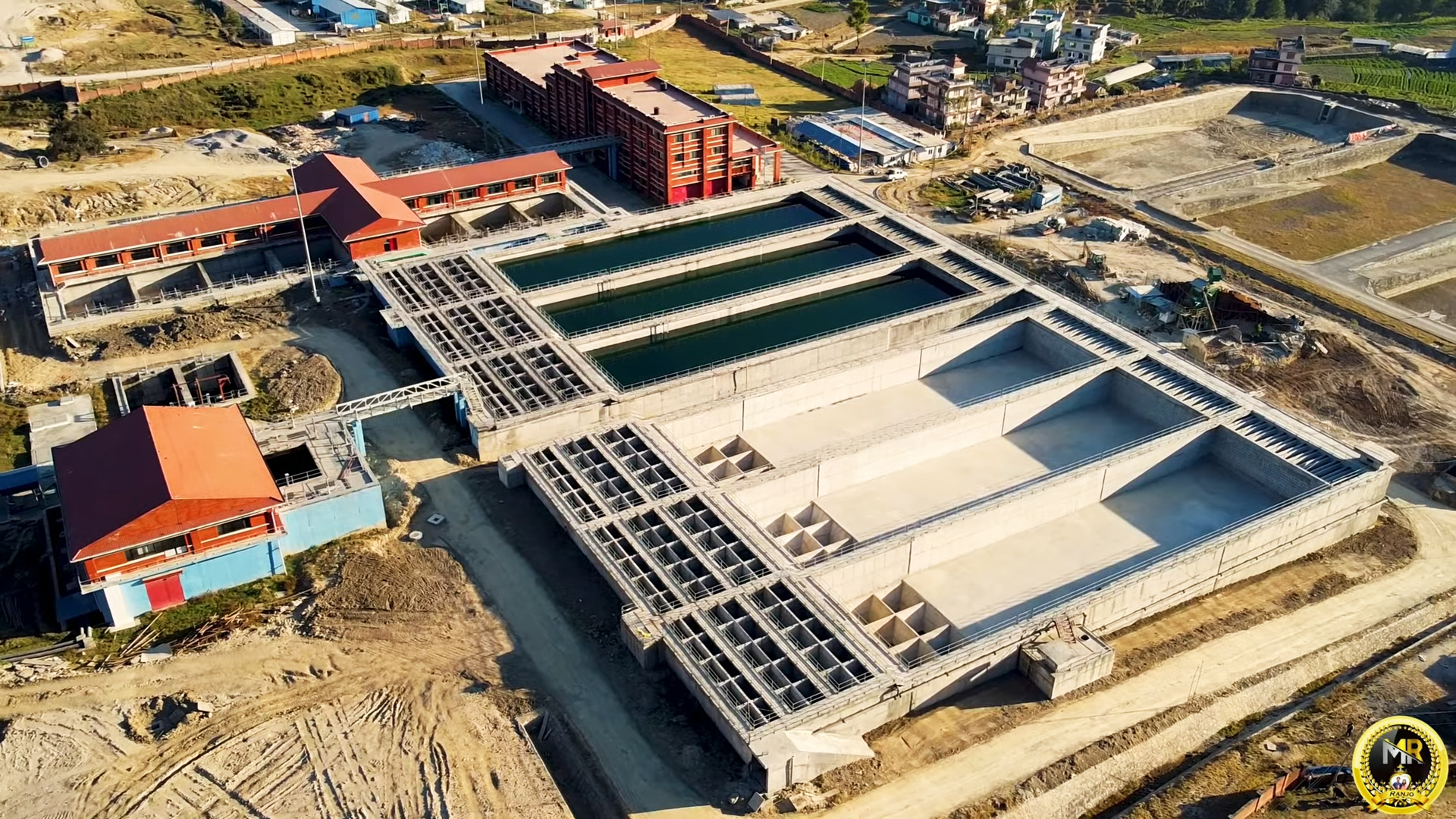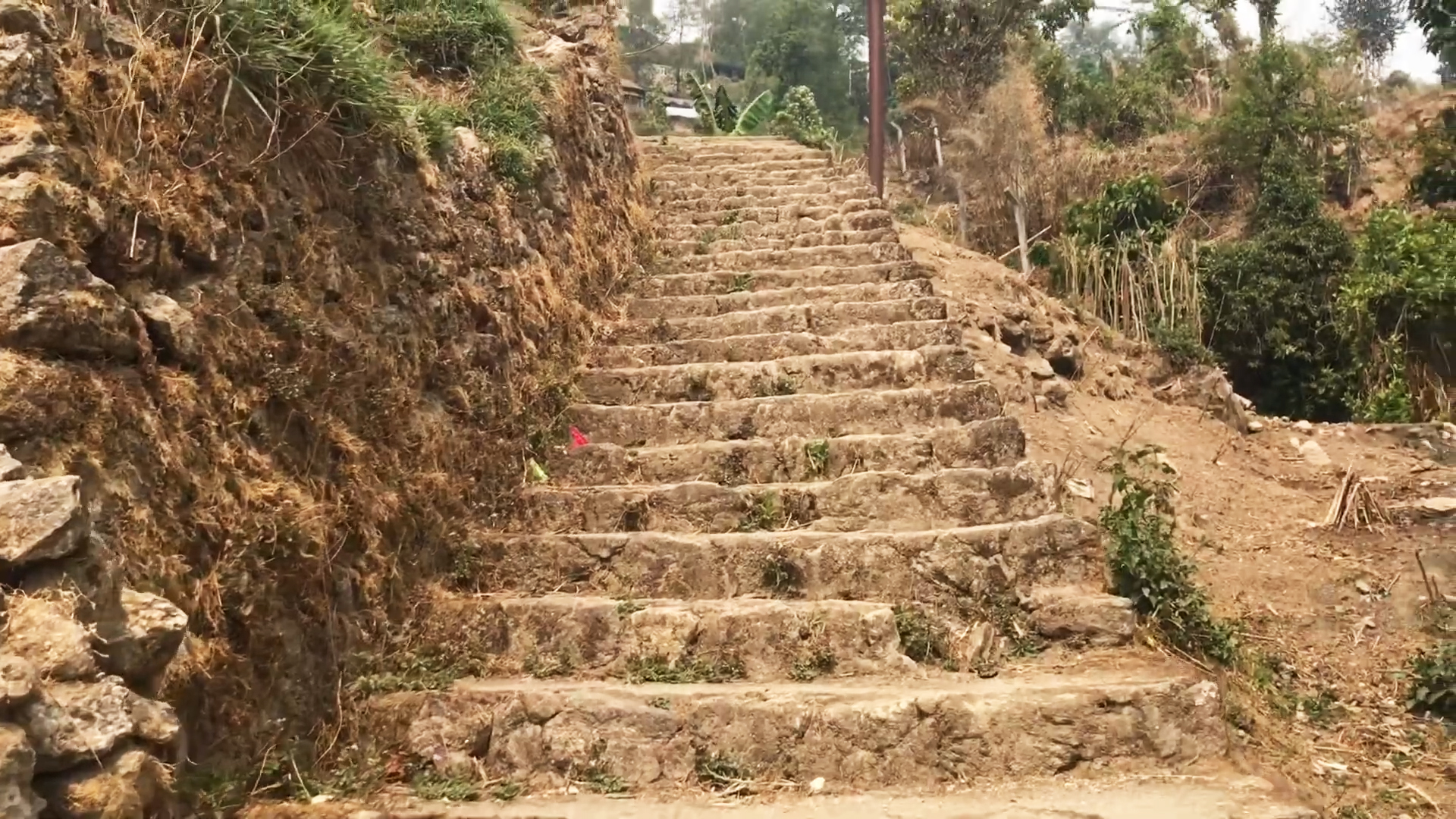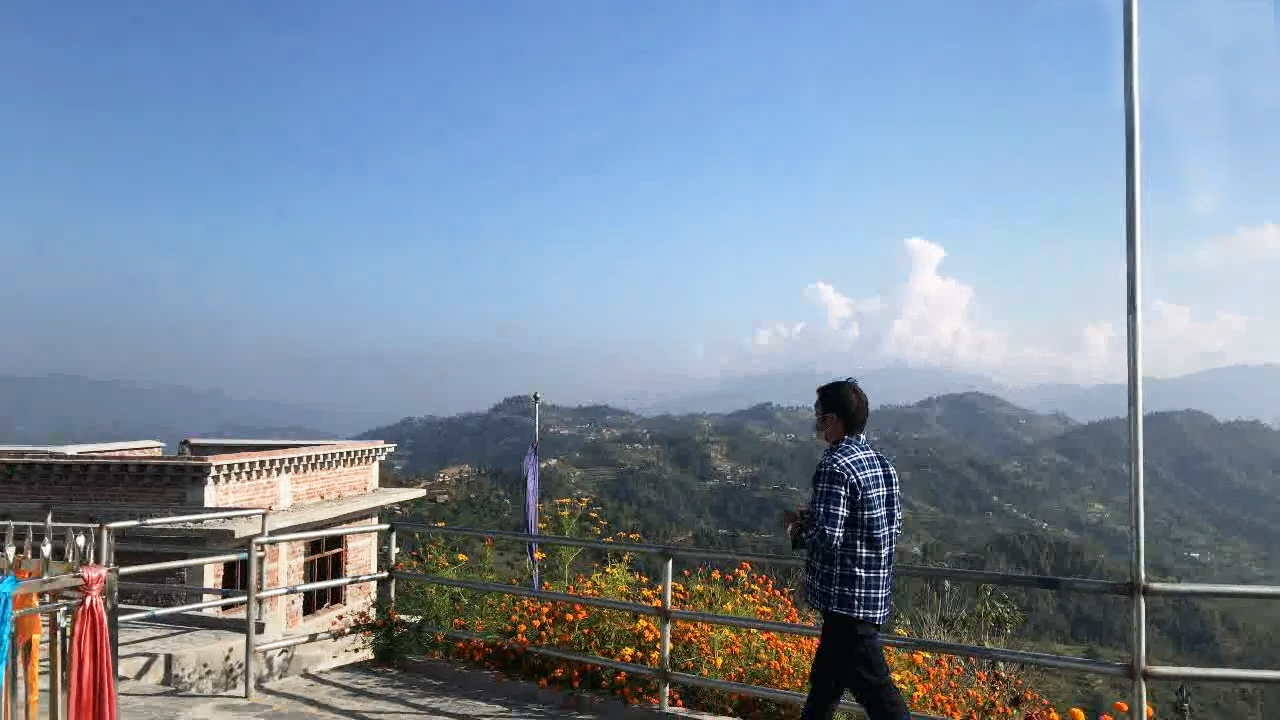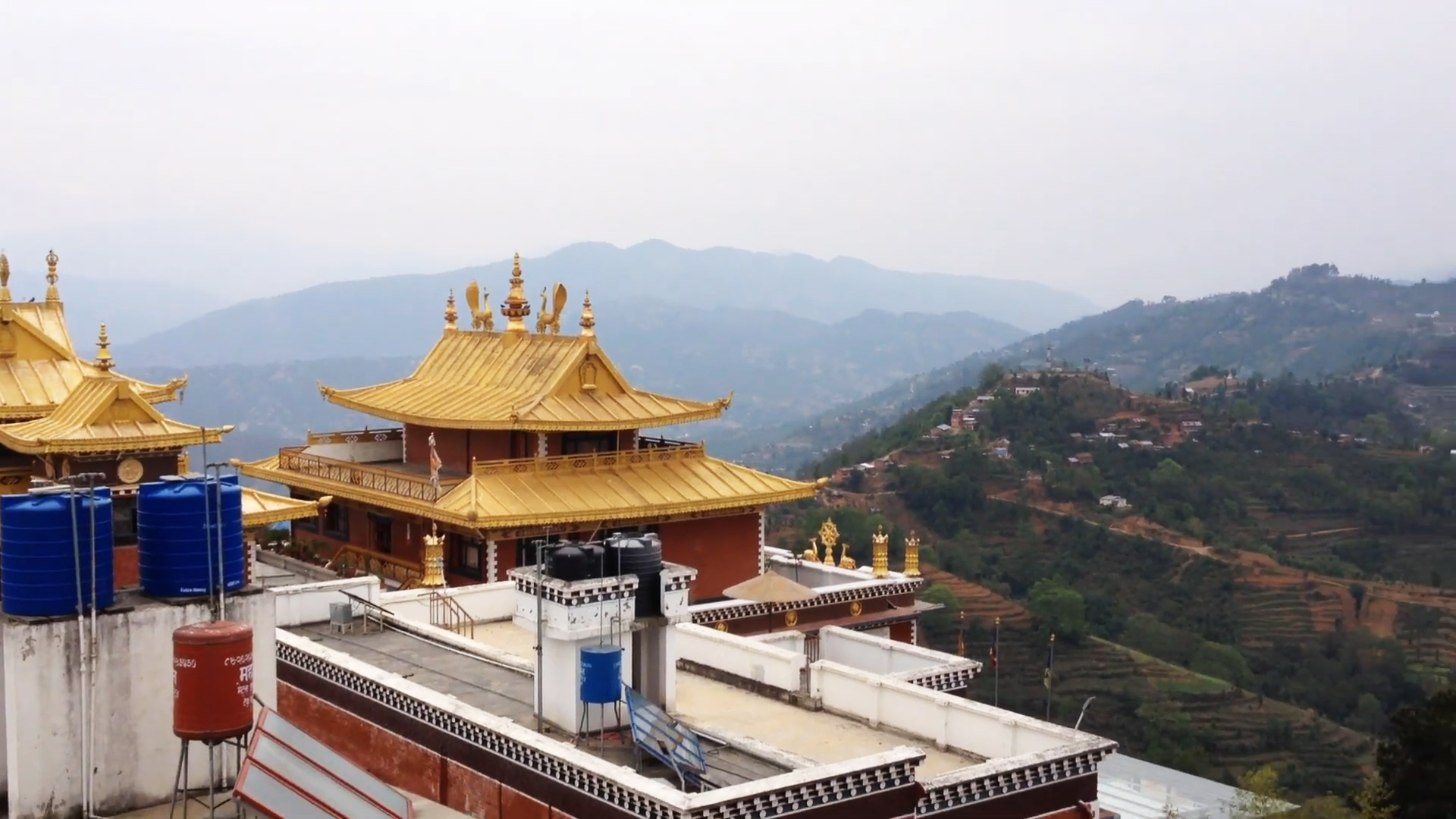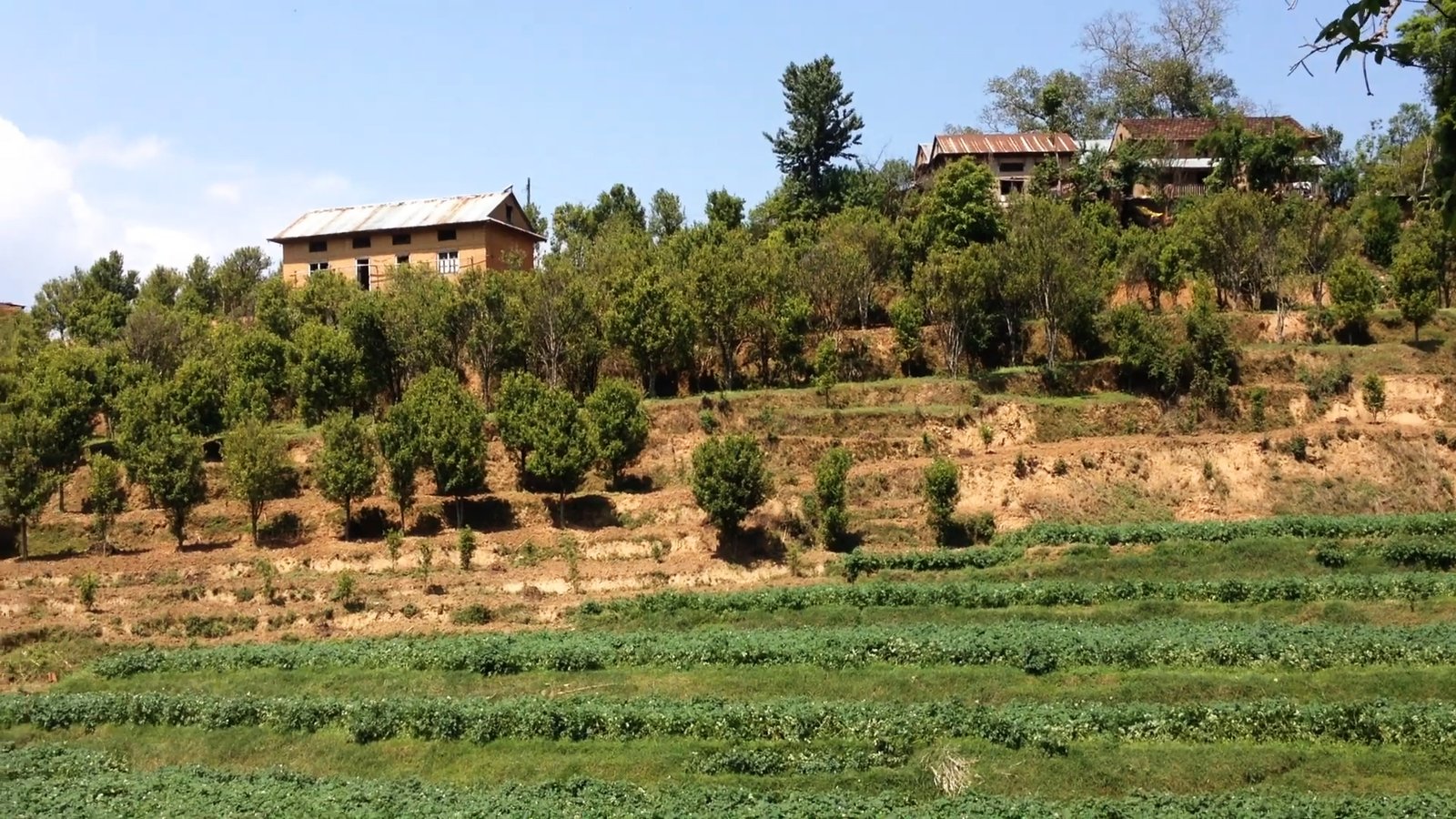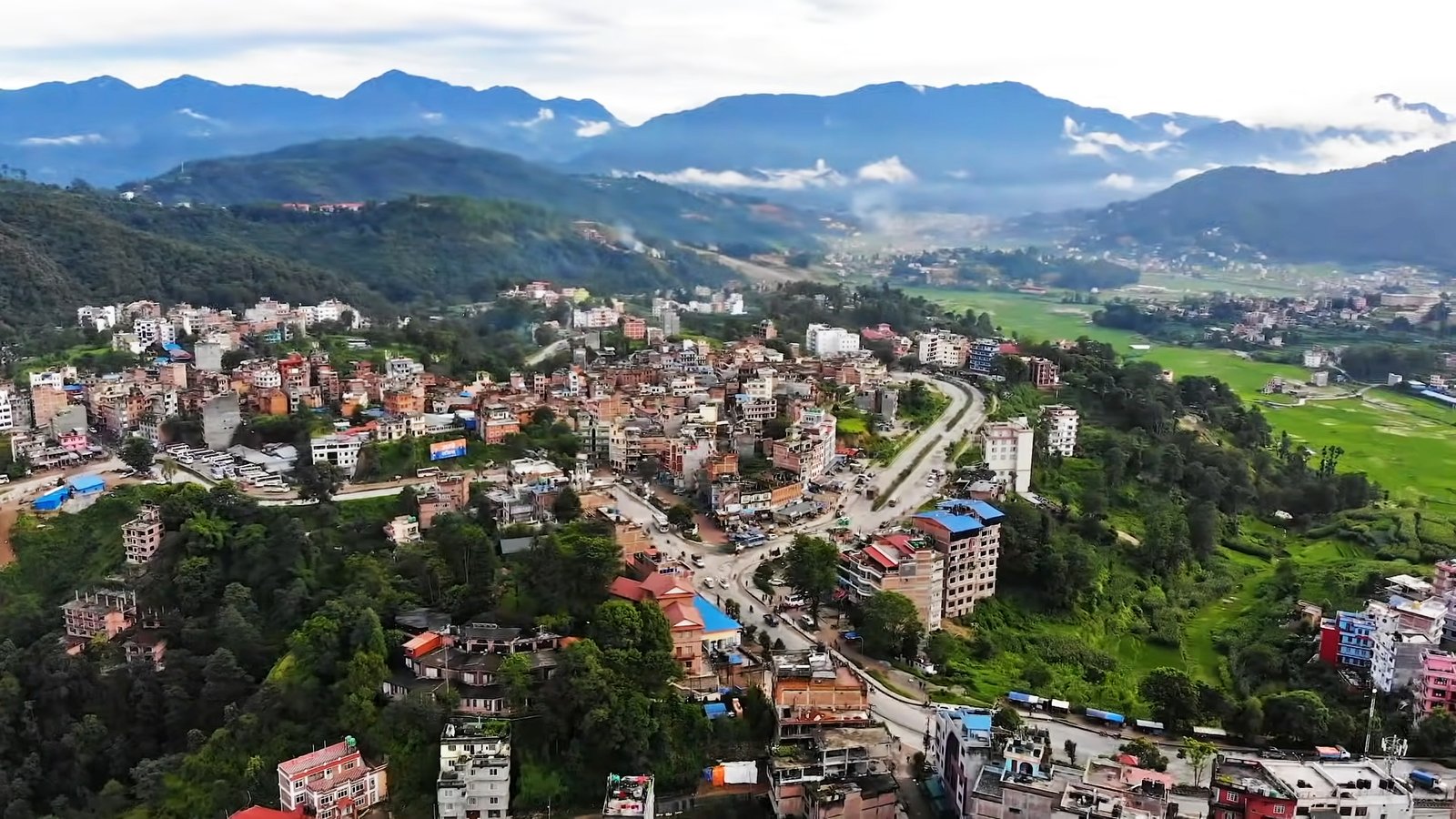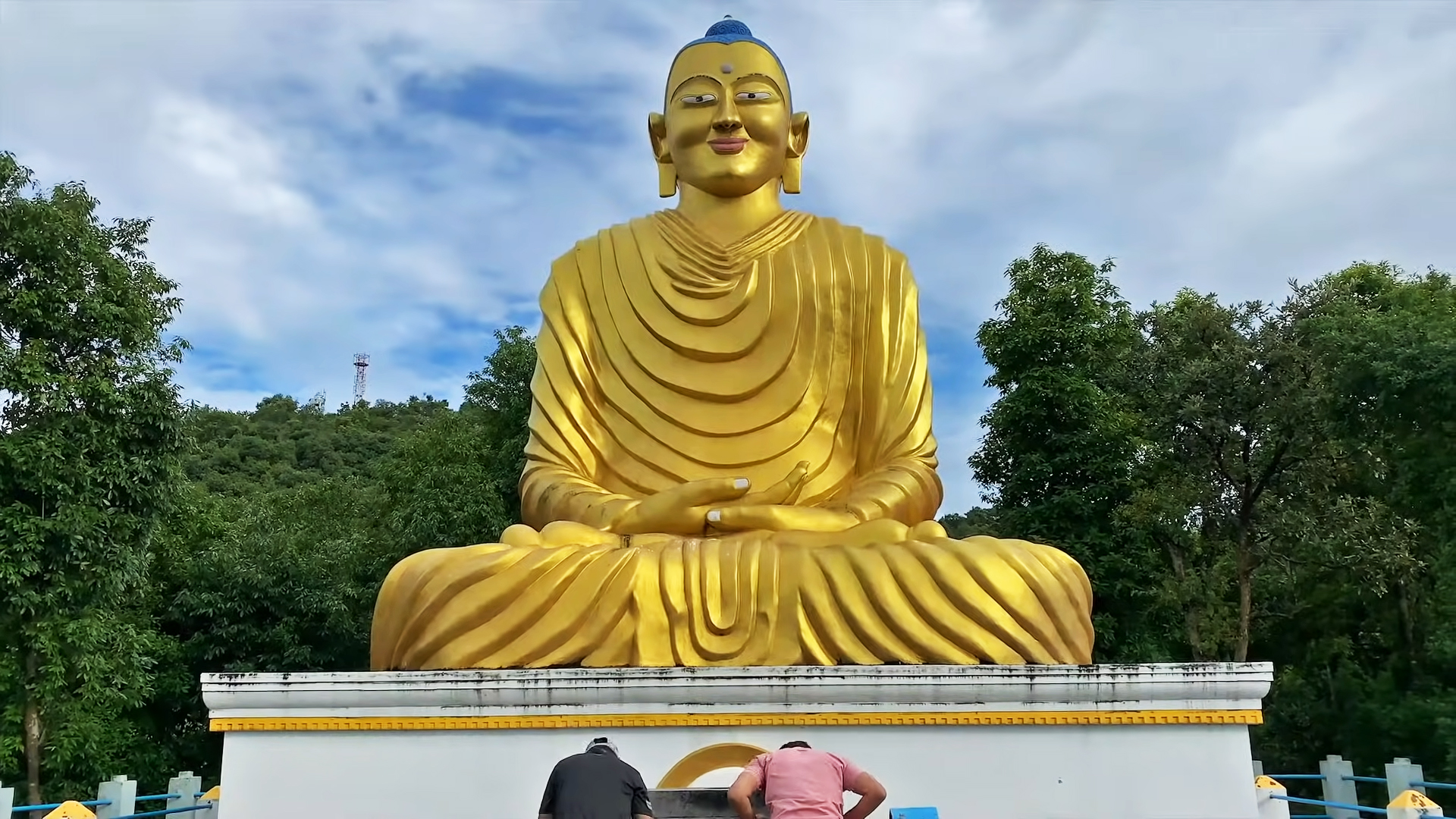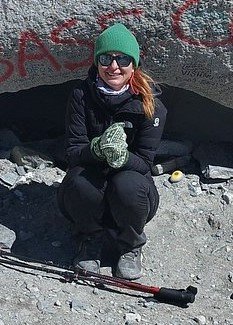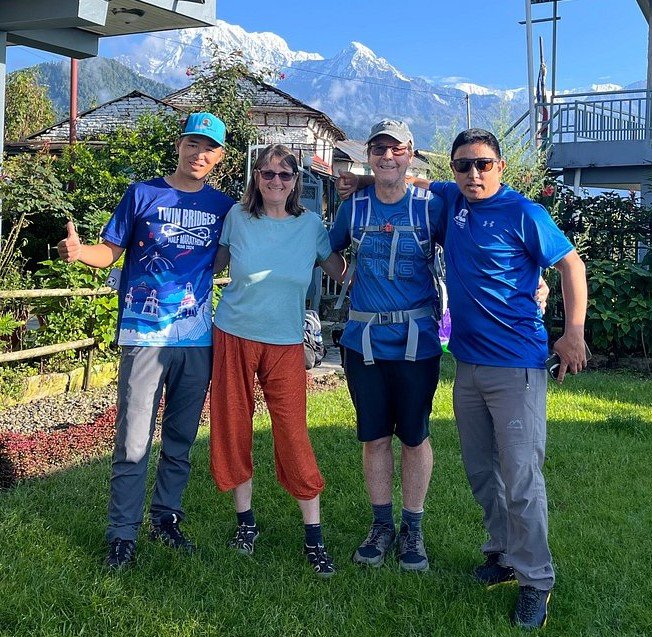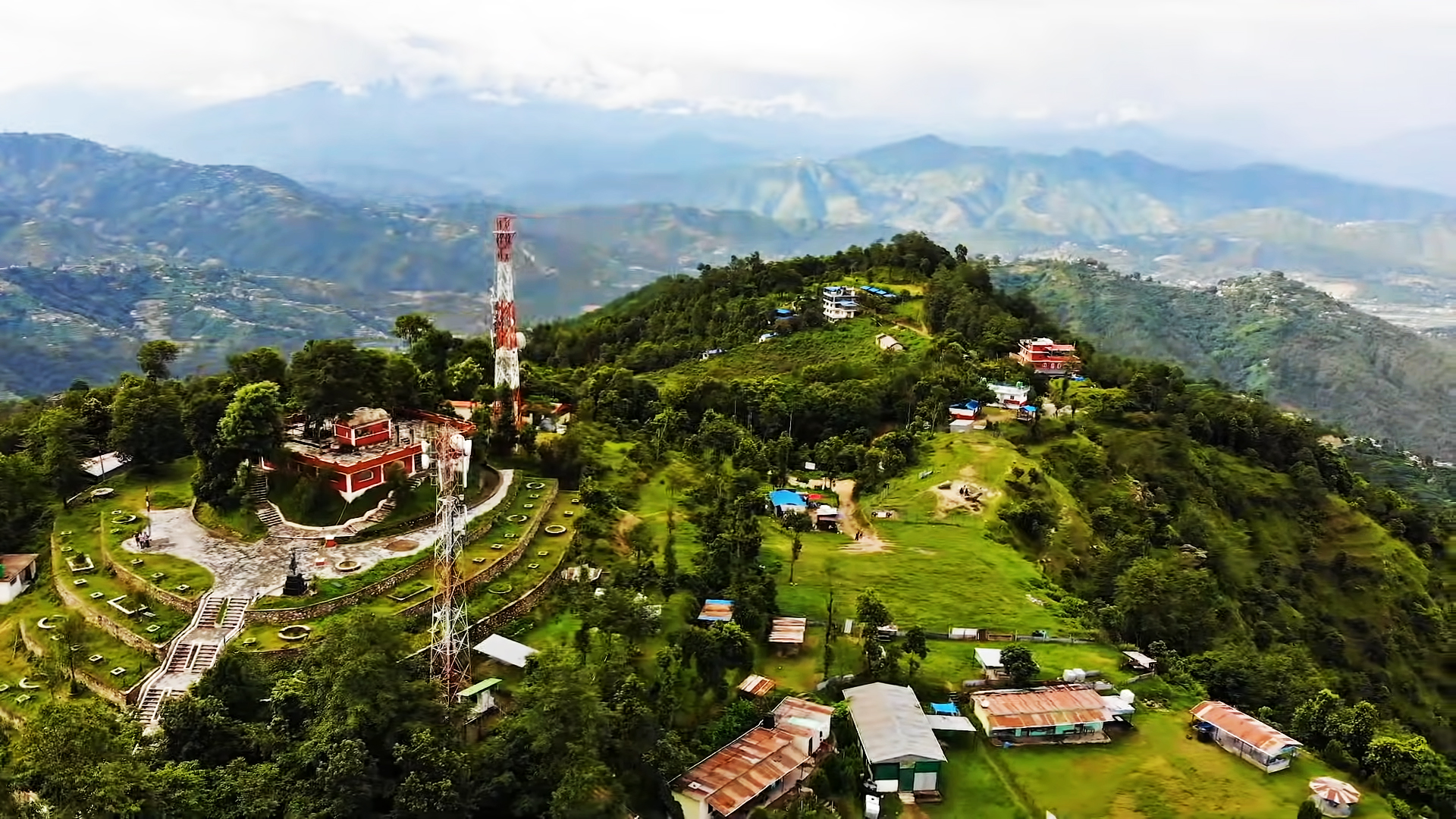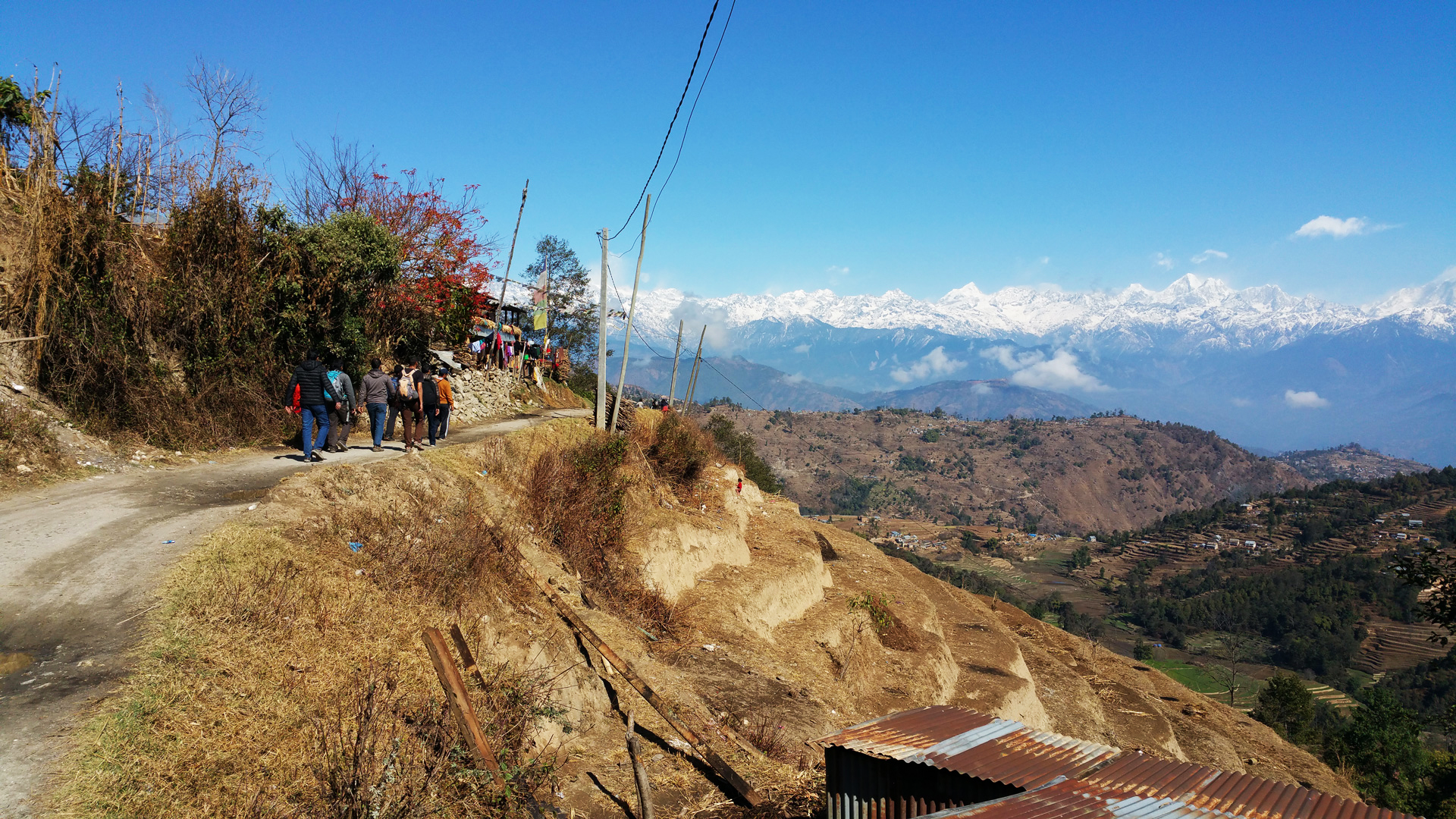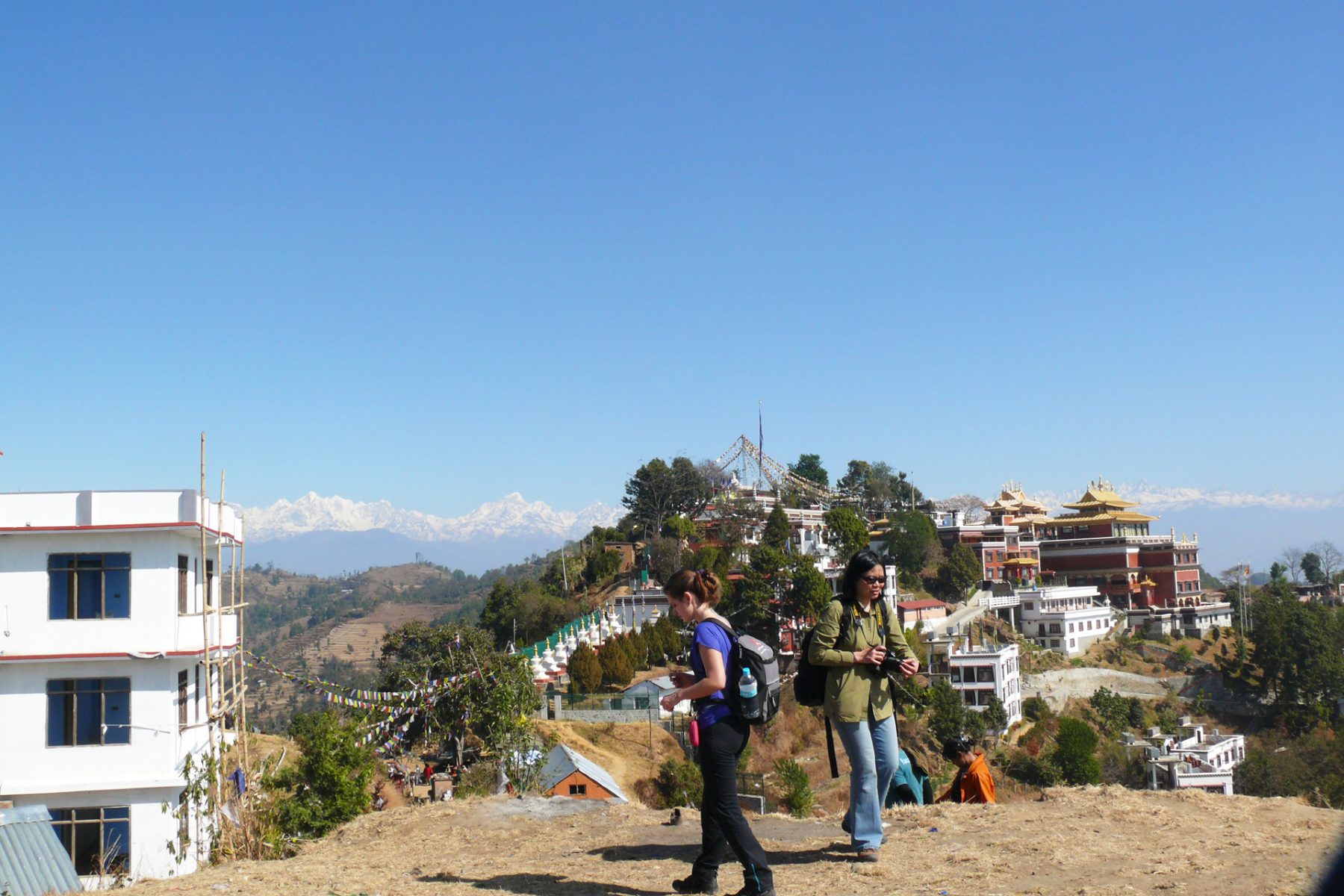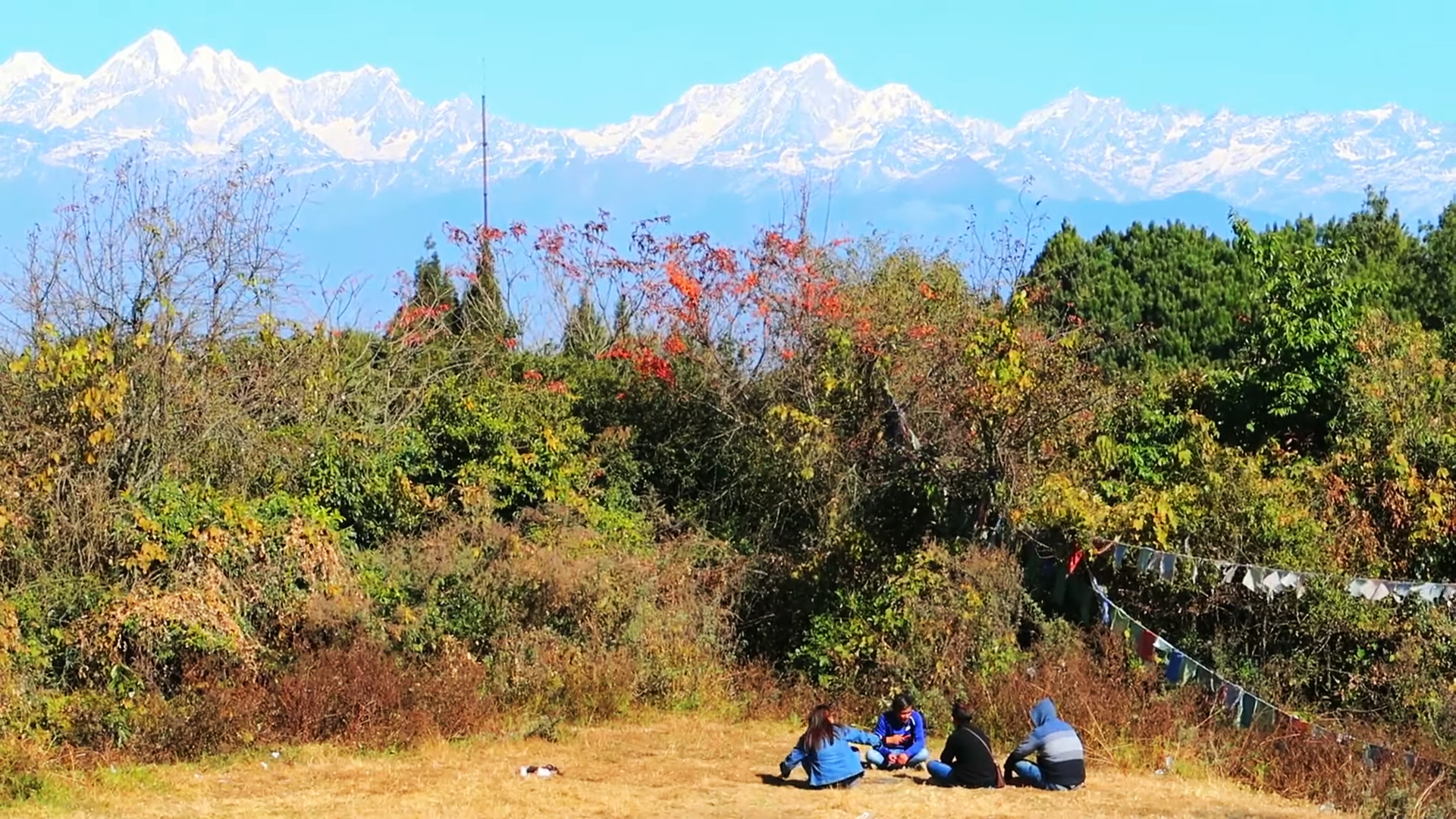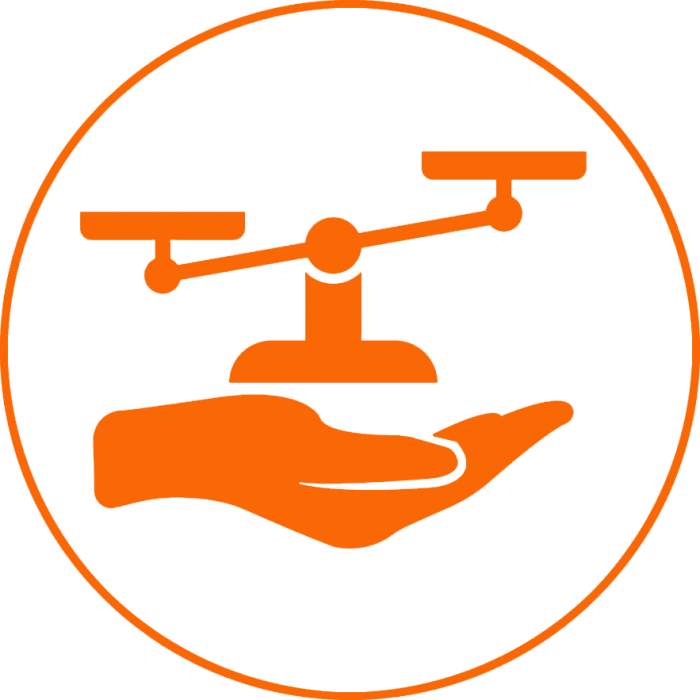Trip Overview
Introuction to Chisapani Trek
Chisapani Trek combines a comfortable and easy trek with a golden opportunity to experience Nepal’s great cultural heritage. The Chisapani Trek is full of green fields and settlements. People of this area are still farmers and follow the traditional way of life. Walking in the hills around the Kathmandu Valley is an excellent trek to explore the differences between urban and rural areas.
Start Chisapani Trek
After an hour’s drive from Kathmandu, you reach Sundarijal and start trekking from there. After a 5-hour walk, you reach the beautiful ancient settlement of Chisapani where you will experience the real natural beauty away from the crowded city.
This destination will add another wonderful experience to your Chisapani Trek by providing you an opportunity to interact with the local people of the village and learn about their rural lifestyle. During the stay in Chisapani, you observe the traditions and customs that the locals follow.
You may visit: Bhutan Jomolhari Trek in 12 days, Itinerary, Cost, Distance, Package
Nagarkot – A Perfect Viewpoint for Sunrise
The next day you walk about 6 hours from Chisapani and reach Nagarkot, another beautiful destination located at an altitude of 2,195 meters. Nagarkot is the best destination nearby from the Kathmandu Valley to experience real nature with the delightful view of sunrise and sunset which makes you feel amazing. From the viewpoint of Nagarkot, you can see the magnificent panoramic views of the mountains like Manaslu, Ganesh Himal, Gauri Shankar, Dorje Lakpa, Langtang, etc.
The next day you reach Dhulikhel after a 6-hour walk. This place offers you a panoramic view of the snow-capped mountains, temples, green fields, and the diversity of flora and fauna. The ancient small town is a settlement of the Newar community that is great for visiting historical sites and learning about culture, traditions, festivals, and language.
Namobuddha – Famous for Buddhist Monastery
Namobuddha is a sacred place for Buddhists with a large Buddhist monastery. Popular among Nepali Buddhists, the monastery is located on top of a hill. This place offers 360-degree views of the valley below and making it a popular tourist destination. You can stay overnight outside the monastery in a guest house or inside the monastery. This monastery is not only for visiting but also where tourists prefer to do meditation and yoga activities.
These 6 days Chisapani Trek is perfect for those who have limited time in Nepal and are looking for an easy trek. It is also a great option for those who have come to Nepal with a child and cannot do difficult trekking in a remote area. With a short and easy trip around Kathmandu, anyone can participate regardless of age and fitness level. Spring and autumn are the best time for trekking. But it is easy and short trekking can be done at any time of the year.
You may like to visit: Nagarkot – Dhulikhel Trek in just 3 days, itinerary, cost, distance, map
Trip Itinerary
Drive to Sundarijal (1 hour) and trek to Chisapani (5 to 6 Hours walk).
Chisapani to Nagarkot - 6 to 7 hours walk.
Nagarkot to Dhulikhel – 6 to 7 hours walk.
Dhulikhel to Namobuddha – 3 to 4 hours walk.
Namobuddha to Balthali – 5 to 6 hours walk.
Balthali to Khopasi (an hour walk) and drive to Kathmandu (2 to 3 hours).
Why not list the price?
Each client's needs may be different. The price of the trip varies according to the size of your group and the service you want. The cost of the trip is calculated according to the type of service and accommodation chosen by our customers.
Each trip is customized to fit the client's needs and group size, so the price of each organized trip is different. Please let us know the service you want and the size of the group. We create trips to suit your taste and travel budget per your requirements. Hope you find our price calculation reasonable according to your needs and preferences.
Frequently asked questions about this trip
How difficult is the trek?
The difficulty depends on where and how long you want to trek. The short trek is easy while the long trek requires some physical fitness.
What is altitude sickness?
Altitude sickness is normally known as acute mountain sickness. This can happen when people rapidly climb up to an altitude of more than 3000 meters. We ensure minimal risk by adding rest to our trekking itineraries. Most people will feel some effects of altitude, some shortness of breath and possibly light headache, this is normal enough. Acute mountain sickness patients are quite different and usually have a serious headache, sickness, and lose awareness. In almost all possible cases there are sufficient warning signs to take action properly. Descending to a lower altitude is usually enough to prevent any further problems.
What type of accommodation is available during the trekking?
There are mainly tea houses and lodges available for trekking and they are usually made using local materials and are very comfortable. These accommodations are often family-run and usually provide single and double rooms. The dining room is on the ground floor and is often on fire. All food will be cooked in order in the family kitchen. Toilet facilities are sometimes separate and sometimes outside. Most lodges provide mattresses and blankets. It's a good idea to always have a sleeping bag, which can be useful, and perhaps an inflatable pillow.
How long do we walk every day on trekking?
Trekking programs are classified into three different categories: soft, moderate and hard. Soft treks are only about 7 days to 10 days in duration. They generally do not go above 4000 meters; you can expect to walk about 4-5 hours each day. Moderate treks are challenging enough and long treks that go to the high hill country. Physically exhausting, this involves trekking along the cliffs of the mountains for about 6-8 hours. Harder treks are longer treks that go farther away from the general abode of trekkers and tourists. These physically challenging treks involve walking for 7- 9 hours each day.
How much weight do I need to carry on the trek?
You carry some of your personal belongings, such as warm clothing, water, snacks, sun block, cameras and more. Generally, these items will be lightweight, from 5 to 10kg (10 to 20 pounds). Our porters are available for other heavy goods and for your information one porter would be sharing by two people. The maximum weight carried by one porter is total 20 kg. this means 10 kg. per person is allowed for the trek. In case if you wish to carry more than this weight then you need to hire additional porters.
What is the best time for trekking in Nepal?
October and November are considered as the best times for trekking in Nepal due to dry season. December and January are also considered good times for trekking but it is extremely cold at high altitudes.
Google Reviews
Guest reviews
We made it to Everest Base Camp on the 3rd of November!!! Myself and Dami Sherpa, who was the best company and always extremely helpful. Amazing hike and great experience! Fully recommended!

